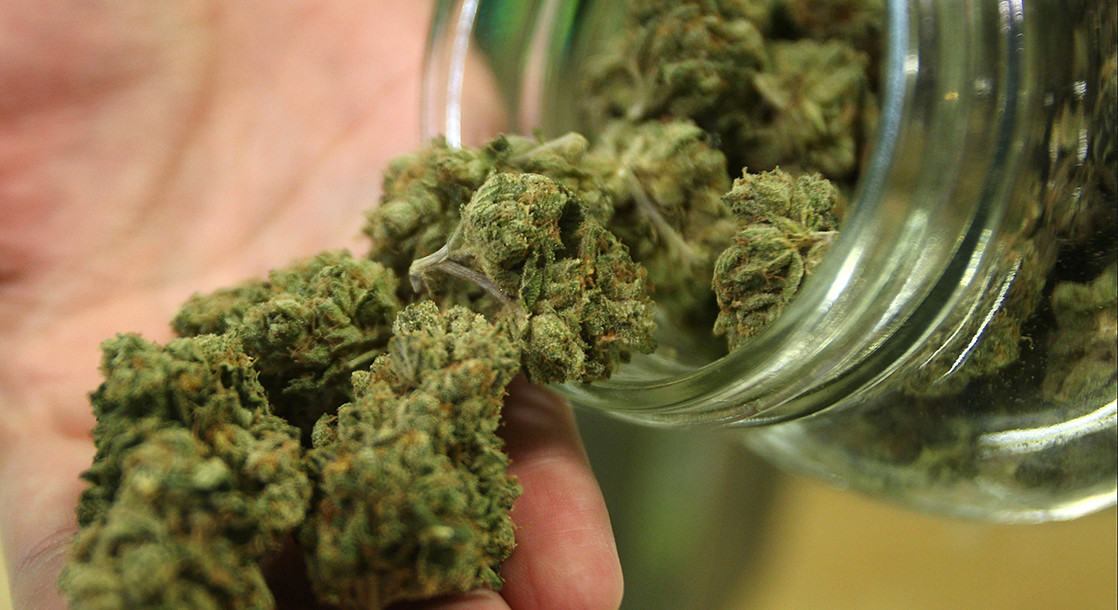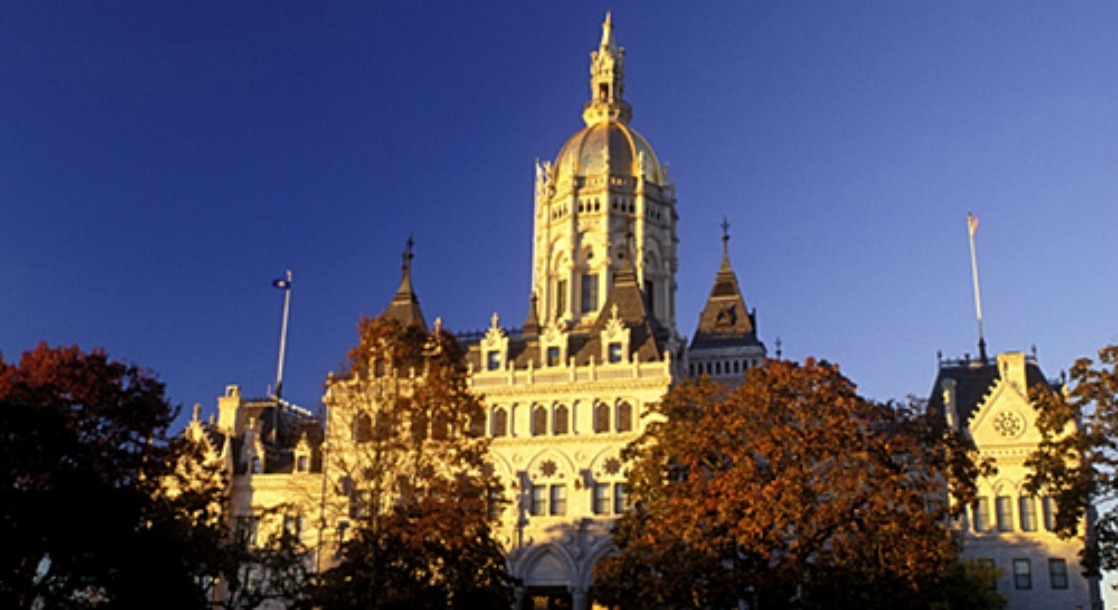Last year, a total of four states voted to legalize the recreational use of cannabis. Although most of the attention has been focused on California, Massachusetts, and to some extent, Nevada, the small northeastern state of Maine is in the midst of constructing a lucrative cannabis market of their own.
While lawmakers are reluctant to become the first state in the country to allow social marijuana clubs, this hasn’t stopped lobbyists from using big bucks to help garner more influence over regulations. In just a four-month span between December 2016 and March 2017, clients have paid lobbyists over $140,000 for cannabis-related representation in the capital of Augusta.
Some of these influencers ranked among the top spenders are strictly involved in the cannabis industry, such as the pro-marijuana organization Maine Professionals for Regulating Marijuana, who spent $54,338. There are also a handful of local medical dispensaries involved, along with outside companies in the banking, gambling, utilities, and tobacco sectors.
Despite neighboring Massachusetts having more than five times the population of Maine, the Pine Tree State is still expecting a recreational marijuana market that could surpass $200 million within three years. Lobbyists have gotten heavily involved in the crafting of regulations, many of whom attend biweekly meetings hosted by the Marijuana Legalization Implementation Committee.
Two local dispensaries, Wellness Connection of Maine and Remedy Compassion, have both paid lobbyists to represent their interest to the Maine Legislature. These storefront operators are attempting to procure the exclusive right to sell recreational cannabis products before the licensing process begins in February 2018.
This type of “early sales” program would give dispensaries a stronghold on the impending recreational system, but some feel as if this would undermine opportunities for others. According to Paul McCarrier, a lobbyist with Legalize Maine, giving these dispensaries a head start would “stifle the competition and keep the little guy out.”
In fact, rumors that the Maine Professionals for Regulating Marijuana group is just a front for existing medical cannabis dispensaries has raised concern. The organization has decided not to disclose its donors or board of directors, but their attorney Hannah King claims that the confidentiality is solely because of the stigma that unfortunately still surrounds cannabis.
Throughout the remainder of the year, the state Legislature’s Marijuana Legalization Implementation Committee will meet to observe the regulations of other states and review nearly 50 cannabis-related bills. From there, the committee plans present recommendations for regulations, licensing, and law enforcement before retail stores open.
In short, when it comes to lobbying, you can expect the top spenders to have the most influence. However, how the money spent will impact regulations and the future of the market remains to be seen.











